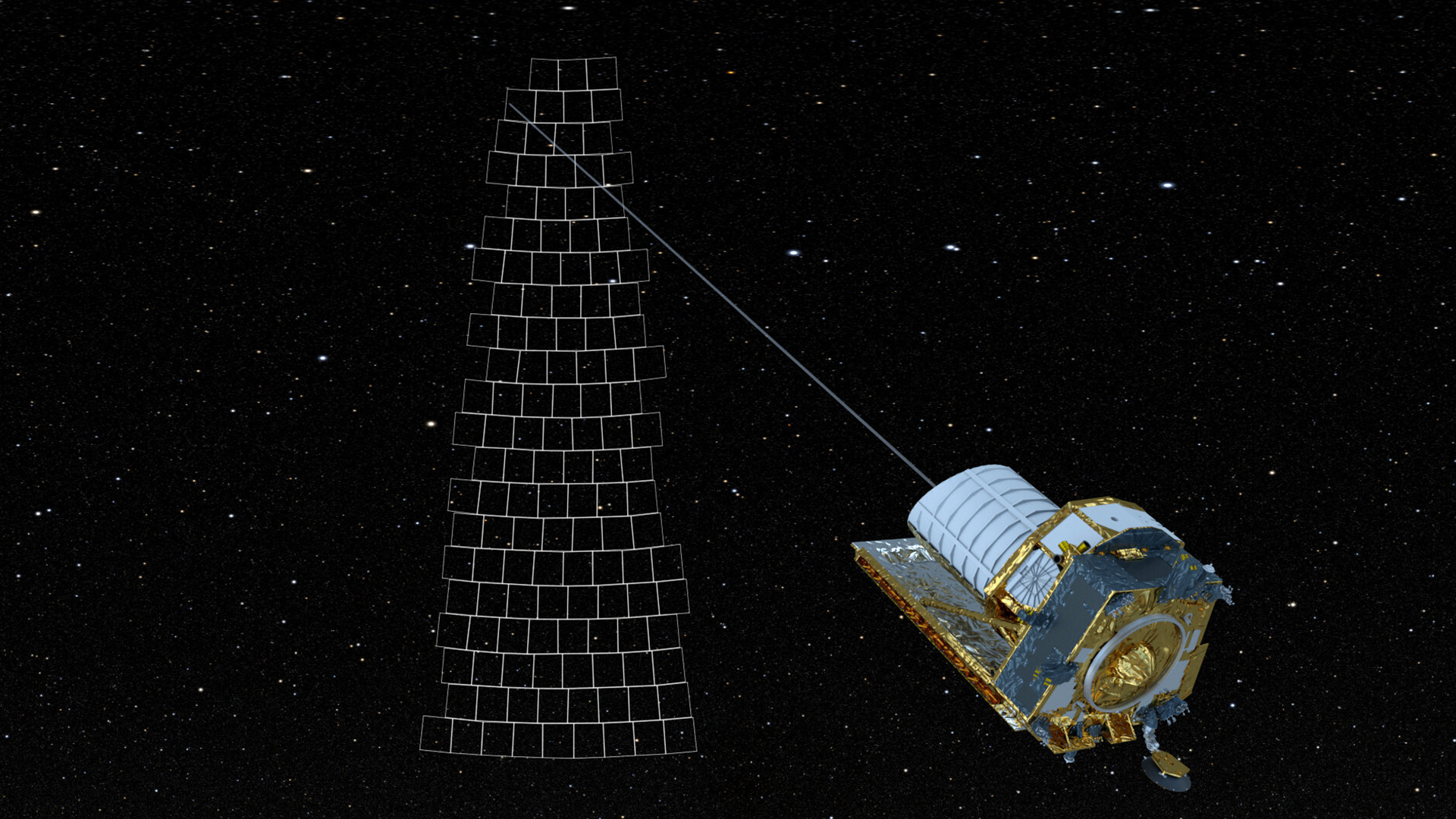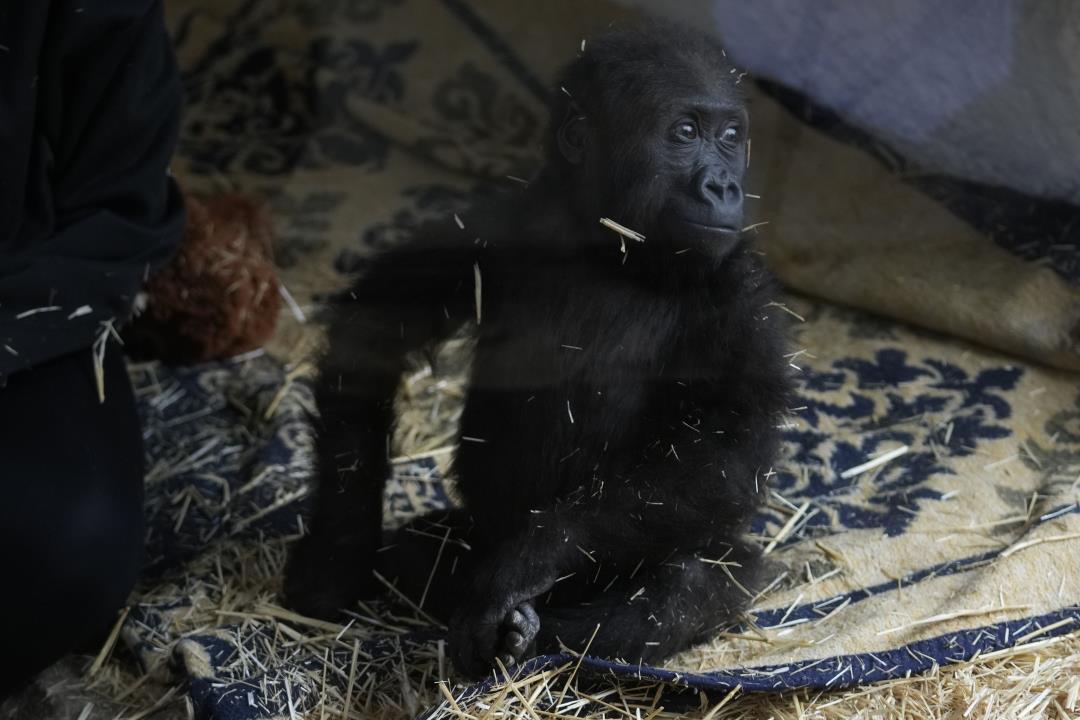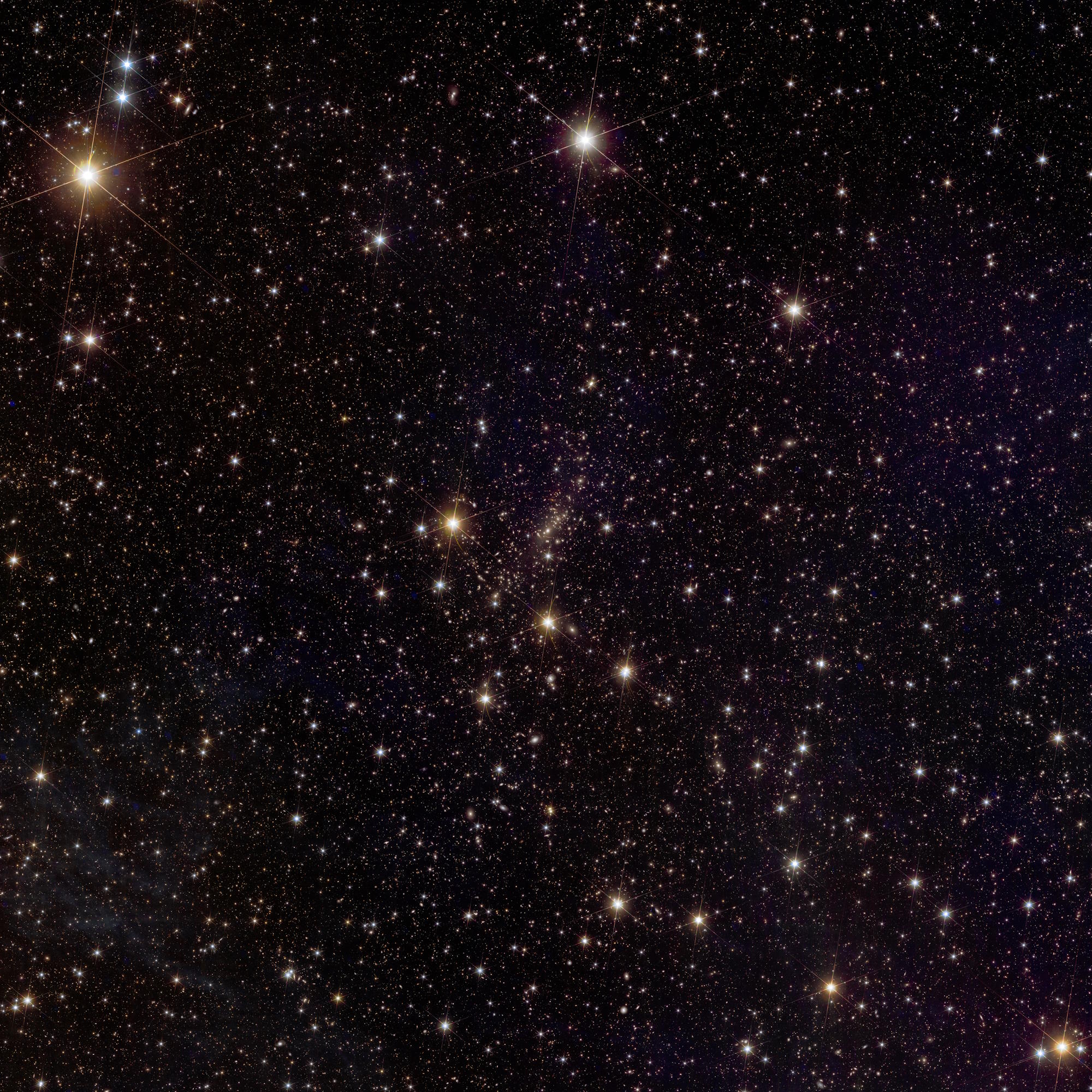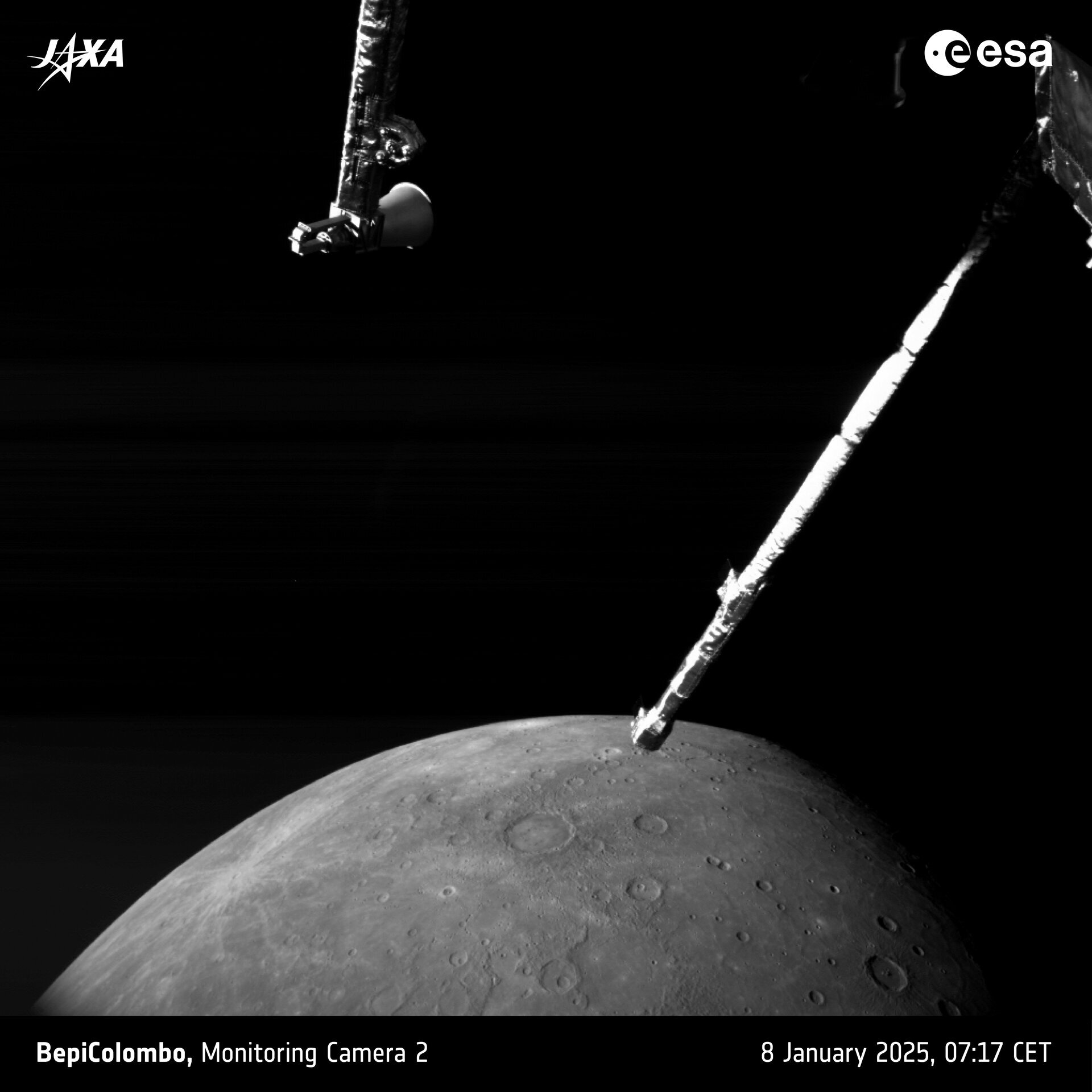Our universe is expanding at a continuously increasing pace, a phenomenon that is universally agreed upon by cosmology theories, yet none provide a complete explanation. A new theoretical study offers an intriguing proposal: Perhaps our universe is expanding due to collisions with and absorption of “baby” parallel universes. Research into the cosmic microwave background, the afterglow of the Big Bang, has shown that our universe is undergoing accelerated expansion. To coincide with the main theory of cosmic evolution called the Standard Cosmological Model, physicists posit that the universe contains a mysterious substance called dark energy driving the expansion. However, this enigmatic form of energy does not manifest itself in any other way, leading many astrophysicists to question its existence and consider alternative causes for the universe’s expansion. In a new study published on Dec. 12, 2023, in the Journal of Cosmology and Astroparticle Physics, scientists proposed the idea that the expansion of the universe may be driven by merging with other universes, rather than by the mysterious dark energy. “The main finding of our work is that the accelerated expansion of our universe, caused by the mysterious dark energy, might have a simple intuitive explanation, the merging with so-called baby universes, and that a model for this might fit the data better than the standard cosmological model,” lead study author Jan Ambjørn, a physicist at the Copenhagen University, told LiveScience in an email. Swallowing cosmic ‘babies’ While the idea of multiple universes interacting with ours isn’t new, this study develops a mathematical model to explore the potential impact of this on the evolution of our universe. The researchers’ calculations demonstrate that merging with other universes should increase the volume of our universe, which could be perceived by our instruments as an expansion of the universe. The scientists also computed the rate of expansion of the universe using their theory, and their calculations more closely fit with observations of the universe than the traditional Standard Cosmological Model, the researchers said. Related: After 2 years in space, the James Webb telescope has broken cosmology. Can it be fixed?The authors’ theory also addresses the problem of cosmological inflation — the mysterious super-rapid expansion that occurred in the early moments of the universe. Physicists have previously proposed that this expansion was caused by “the inflaton” — a hypothetical field that drove ultra-rapid expansion in the first milliseconds after the Big Bang. But in the new study, the authors suggest this super-rapid early expansion could have been caused by our young universe being absorbed by a larger universe. “The fact that the Universe has expanded … in a very short time, invites the suggestion that this expansion was caused by a collision with a larger universe, [that is] it was really our Universe which was absorbed in another ‘parent’ universe,” the researchers wrote in their paper. “Since we have presently no detailed description of the absorption process, it is difficult to judge if such a scenario could take place in a way that would actually solve the problems inflation was designed to solve, but one interesting aspect of such a scenario is that there is no need for an inflaton field.” The scientists suggested that, after being absorbed, our newly enlarged universe then continued to collide with other “baby universes” and incorporate them as well. Although the authors’ theory enables us to solve some important problems of modern cosmology, only observational data can validate their hypothesis. Many experiments are currently being carried out to study the properties of the microwave background, so scientists may be able to answer these fundamental questions in the near future.”Our late time expansion of the Universe is different from the standard cosmological predictions and we believe that observations from the Euclid telescope and the James Webb telescope will settle which model is best describing the present time expansion of our Universe,” Yoshiyuki Watabiki, a physicist at the Tokyo Institute of Technology, told Live Science.






![YGOrganization | [Reference Art] Evolution Affect Playing cards YGOrganization | [Reference Art] Evolution Affect Playing cards](https://cdn.ygorganization.com/2025/01/sylbixthumb.png)





